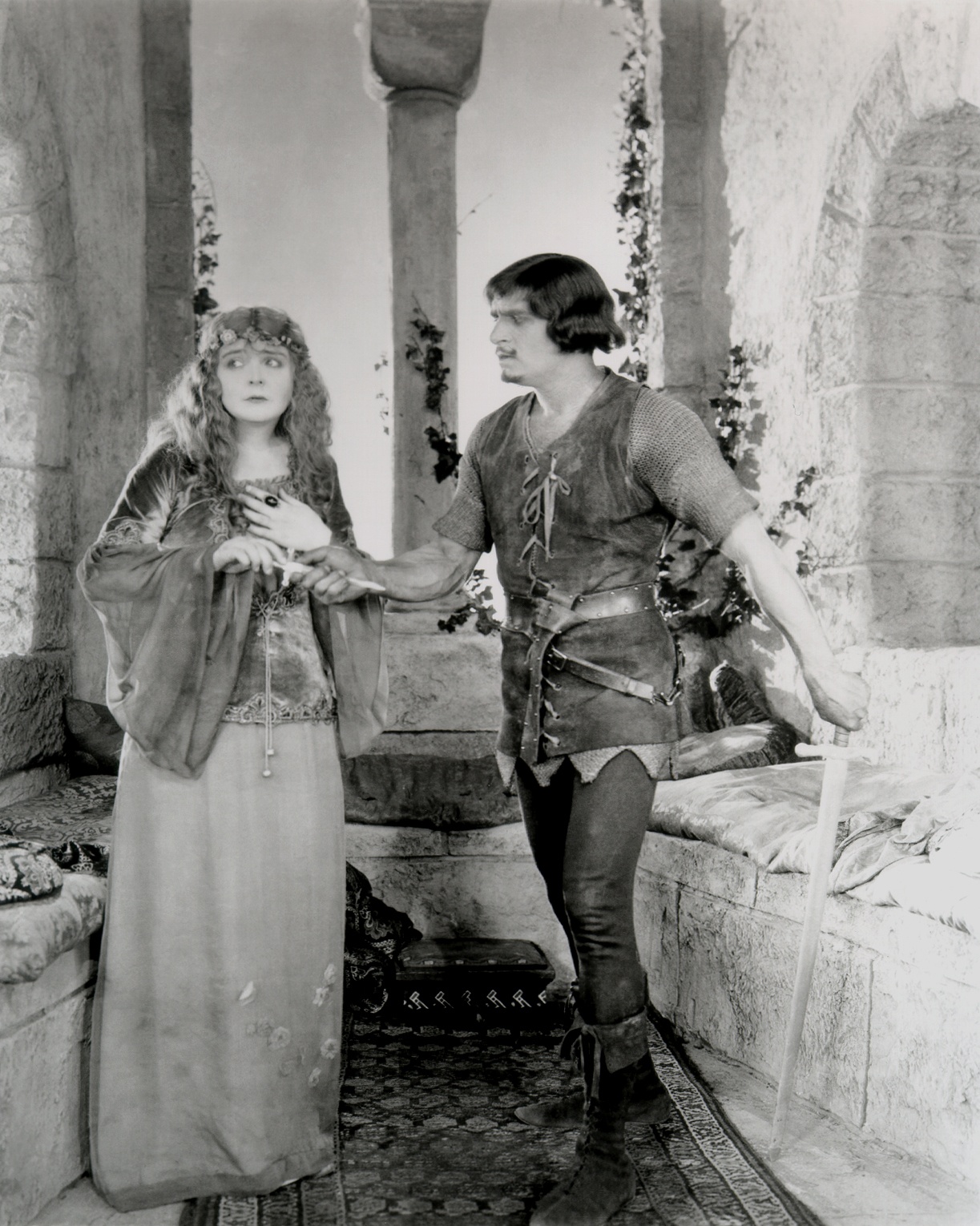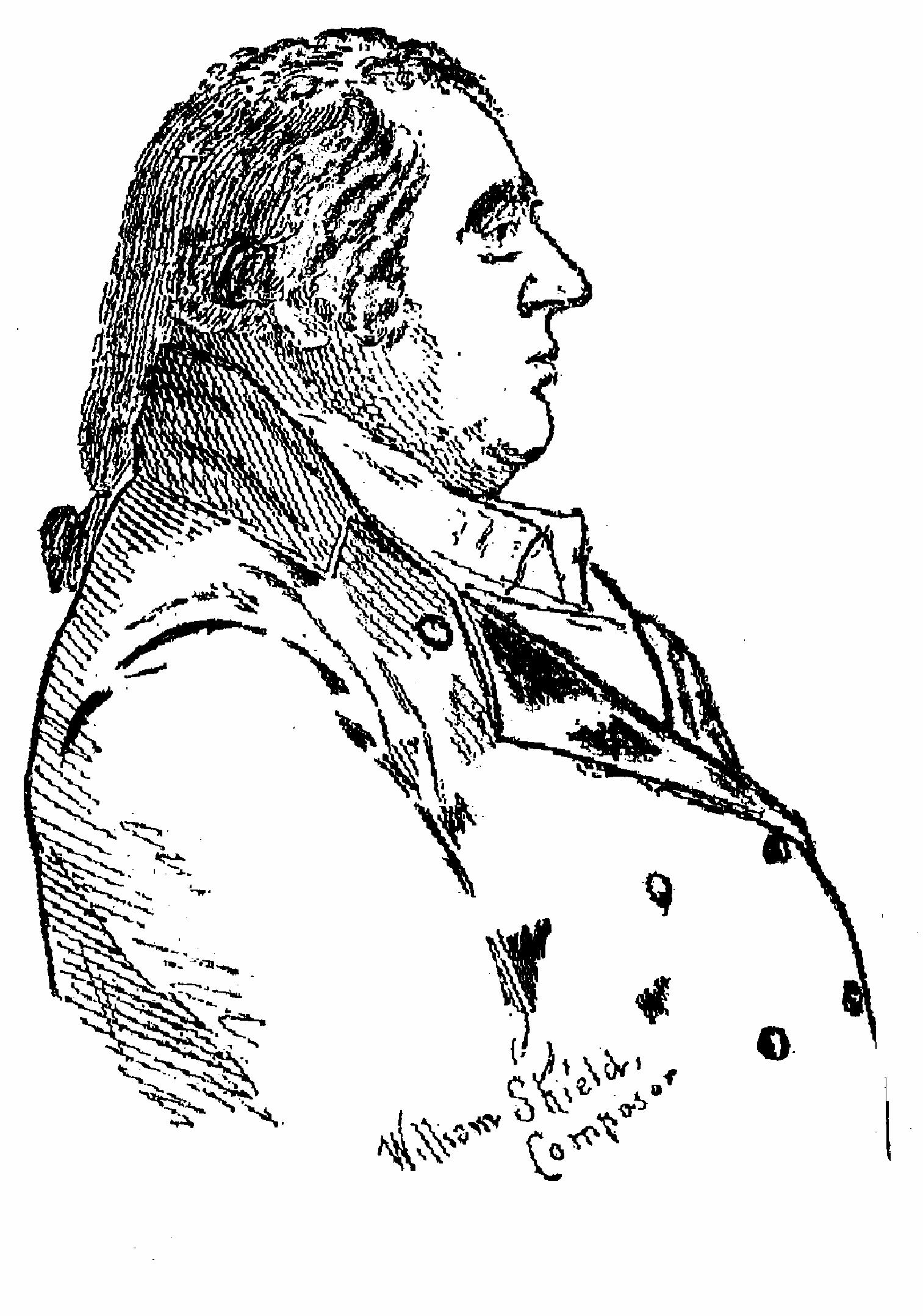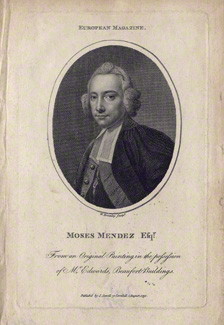|
Robin Hood (other)
Robin Hood is a famous English folk hero and legendary outlaw. Robin Hood may also refer to: Places * Robin Hood, Drouin, Victoria, Australia * Robinhood, Saskatchewan, Canada * Robinhood Bay, Newfoundland, Canada * Robin Hood, West Yorkshire, England * Robin Hood, one of the Crookdale Horseshoe group of hills in Cumbria, England * Robin Hood Gardens a residential estate in London, England * Robin Hood Hills, Nottinghamshire, England * Doncaster Sheffield Airport, South Yorkshire, England, formerly known as Robin Hood Airport * Robin Hood Hills, West Memphis, Arkansas, U.S. * Robinhood, Mississippi, U.S. Arts and entertainment Ballets * Robin Hood (ballet), ''Robin Hood'' (ballet), a 1998 ballet by Paul Vasterling * ''Robin Hood'', a 1985 ballet by Ilkka Kuusisto Fictional characters * Robin Hood (DC Comics), version of the character in DC Comics * Robin Hood (Disney character), character in the 1973 Disney film ''Robin Hood'' * Robin Hood (Once Upon a Time), Robin Hood (''On ... [...More Info...] [...Related Items...] OR: [Wikipedia] [Google] [Baidu] |
Robin Hood
Robin Hood is a legendary heroic outlaw originally depicted in English folklore and subsequently featured in literature and film. According to legend, he was a highly skilled archer and swordsman. In some versions of the legend, he is depicted as being of noble birth, and in modern retellings he is sometimes depicted as having fought in the Crusades before returning to England to find his lands taken by the Sheriff. In the oldest known versions he is instead a member of the yeoman class. Traditionally depicted dressed in Lincoln green, he is said to have robbed from the rich and given to the poor. Through retellings, additions, and variations, a body of familiar characters associated with Robin Hood has been created. These include his lover, Maid Marian, his band of outlaws, the Merry Men, and his chief opponent, the Sheriff of Nottingham. The Sheriff is often depicted as assisting Prince John in usurping the rightful but absent King Richard, to whom Robin Hood remains loy ... [...More Info...] [...Related Items...] OR: [Wikipedia] [Google] [Baidu] |
Robin Hood (1922 Film)
''Robin Hood'' is a 1922 silent adventure film starring Douglas Fairbanks and Wallace Beery. It was the first motion picture ever to have a Hollywood premiere, held at Grauman's Egyptian Theatre on October 18, 1922. The movie's full title, under which it was copyrighted, is ''Douglas Fairbanks in Robin Hood''. It was one of the most expensive films of the 1920s, with a budget estimated at about one million dollars. The film was a smash hit and generally received favorable reviews. Plot The opening has the dashing Earl of Huntingdon besting his bitter enemy, Sir Guy of Gisbourne, in a joust. Huntingdon then joins King Richard the Lion-Hearted, who is going off to fight in the Crusades and has left his brother, Prince John, as regent. The prince soon emerges as a cruel, treacherous tyrant. Goaded on by Sir Guy, he usurps Richard's throne. When Huntingdon receives a message from Lady Marian Fitzwalter, his love interest, telling him of all that has transpired, he requests permis ... [...More Info...] [...Related Items...] OR: [Wikipedia] [Google] [Baidu] |
William Shield
William Shield (5 March 1748 – 25 January 1829) was an English composer, violinist and viola, violist. His music earned the respect of Haydn and Beethoven. Life and musical career Shield was born in Swalwell near Gateshead, County Durham, the son of William Shield and his wife, Mary, née Cash. He was first taught music by his father but, after both he and his mother died while Shield was still a child, he was apprenticed to a shipbuilder in South Shields, continuing however to study music with Charles Avison in Newcastle upon Tyne. He became a noted violinist in Newcastle's subscription concerts before moving to Scarborough, England, Scarborough to lead a theatre orchestra. In 1772, he was appointed by Felice Giardini to play violin in the opera at Covent Garden (now the Royal Opera House), and from 1773 he was principal viola, violist there. On 21 February 1776 he was in Durham, where he attended the meeting of the city's masonic lodge at the ''Marquis of Granby'' tavern. ... [...More Info...] [...Related Items...] OR: [Wikipedia] [Google] [Baidu] |
Moses Mendes
Moses Mendez, or Mendes, (1690? - 4 February 1758), was a British poet and playwright. It has been suggested that he wrote the anonymous texts for Handel's dramatic English oratorios "Solomon" and " Susanna". Life and career Moses Mendez was born to a Jewish family in London. After studies at the University of Oxford he followed his father's choice of career as a stockbroker and became prosperous. Mendez owned an estate called St Andrew’s at Old Buckenham in Norfolk. He wrote numerous poems and stage pieces, including the libretti for ballad operas including "The Double Disappointment" and "The Chaplet", produced at leading London theatres Covent Garden and Drury Lane in the 1740s. He also wrote the text for the 1750 ballad opera "Robin Hood" with music by Charles Burney. It has recently been suggested that Moses Mendez wrote the unattributed texts for Handel's oratorios "Susanna" and "Solomon", both of which had their first performances in 1749. Mendez was a freemason, having ... [...More Info...] [...Related Items...] OR: [Wikipedia] [Google] [Baidu] |
Charles Burney
Charles Burney (7 April 1726 – 12 April 1814) was an English music historian, composer and musician. He was the father of the writers Frances Burney and Sarah Burney, of the explorer James Burney, and of Charles Burney, a classicist and book donor to the British Museum. He was a close friend and supporter of Joseph Haydn. Early life and career Charles Burney was born at Raven Street, Shrewsbury, the fourth of six children of James Macburney (1678–1749), a musician, dancer and portrait painter, and his second wife Ann (''née'' Cooper, c. 1690–1775). In childhood he and a brother Richard (1723–1792) were for unknown reasons sent to the care of a "Nurse Ball" at nearby Condover, where they lived until 1739. He began formal education at Shrewsbury School in 1737 and was later sent in 1739 to The King's School, Chester, where his father then lived and worked. His first music master was a Mr Baker, the cathedral organist, and a pupil of Dr John Blow. Returning to Sh ... [...More Info...] [...Related Items...] OR: [Wikipedia] [Google] [Baidu] |
Defender Of The Crown
''Defender of the Crown'' is a strategy computer game designed by Kellyn Beck. It was Cinemaware's first game, and was originally released for the Commodore Amiga in 1986, setting a new standard for graphic quality in home computer games. In 1987 it was ported to the Commodore 64, Atari ST, MS-DOS, and Macintosh. It was later ported to the Nintendo Entertainment System (NES), Amstrad CPC, Apple IIGS, CDTV, CD-i, Atari Jaguar and Intellivision. An unofficial ZX Spectrum port was also produced. A sequel, ''Defender of the Crown II'', was released in 1993 for the CDTV and Amiga CD32. Two remakes have been released: '' Robin Hood: Defender of the Crown'' in 2003 and ''Defender of the Crown: Heroes Live Forever'' in 2007. Gameplay The game is set in England in 1149 during the Middle Ages where, following the death of the king, different factions are fighting for territorial control. The player assumes the role of a Saxon (Wilfred of Ivanhoe, Cedric of Rotherwood, Geoffrey Lo ... [...More Info...] [...Related Items...] OR: [Wikipedia] [Google] [Baidu] |
The Legend Of Sherwood
''The'' () is a grammatical article in English, denoting persons or things that are already or about to be mentioned, under discussion, implied or otherwise presumed familiar to listeners, readers, or speakers. It is the definite article in English. ''The'' is the most frequently used word in the English language; studies and analyses of texts have found it to account for seven percent of all printed English-language words. It is derived from gendered articles in Old English which combined in Middle English and now has a single form used with nouns of any gender. The word can be used with both singular and plural nouns, and with a noun that starts with any letter. This is different from many other languages, which have different forms of the definite article for different genders or numbers. Pronunciation In most dialects, "the" is pronounced as (with the voiced dental fricative followed by a schwa) when followed by a consonant sound, and as (homophone of the archaic pr ... [...More Info...] [...Related Items...] OR: [Wikipedia] [Google] [Baidu] |





.png)